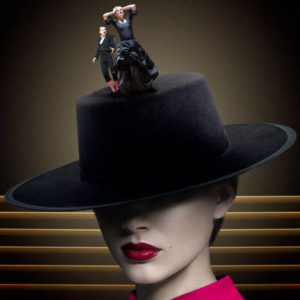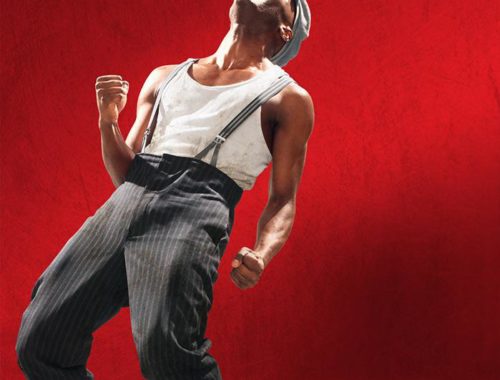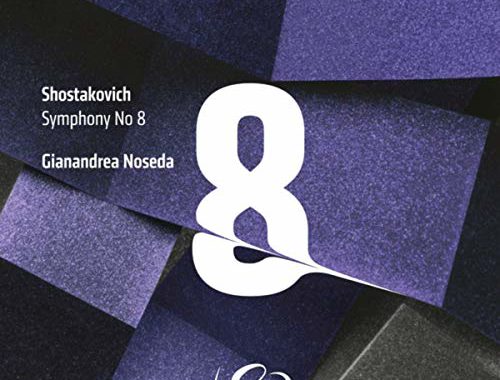Mozart “Le nozze di Figaro”, Glyndebourne Festival Opera
It’s the age of long hair and raging hormones, wide lapels and wider collars, the age of new found “permissiveness” where the world and his dog are gagging for some extra-curricular congress and the great and good are headed for their lavish Spanish villas with or without the wife. We’re outside just such a villa as Mozart’s busy overture strikes up but it’s not until the Count and Countess Almaviva roll up in their red Bugatti that we know for certain that director Michael Grandage has fast-forwarded a couple of centuries and that this is most definitely not an 18th century Figaro.
But hang on a minute – doesn’t the key plot device have something and everything to do with the Count’s “Feudal Rights”? Is Grandage proposing that we buy into the idea that the Count has somehow hung on to this the ultimate class-defining act of chauvinism for a couple of centuries? Or is it now just a label of convenience for those like the Count who can? If wealth alone defined class then Grandage and his designer Christopher Oram would be right on the money, so to speak, because this Moorish villa with all its mosaics and fine carvings is spectacular and then some, each prospect, each room, progressively grander.
So it looks great and for the most part sounds great with some delectable work from the Orchestra of the Age of Enlightenment under Glyndebourne’s music director in waiting, Robin Ticciati, and a cast of some undeniable vocal distinction. But something is missing here, something easy to recognise but harder to define: pace, certainly (the great second act finale seriously lacks momentum), but more importantly a deftness of touch relying less on over-earnest pointing and more on an effortless sense of style. For all Grandage’s “truthfulness” a heaviness pervades.
I totally buy into Audun Iversen’s strenuously randy Count and his puppy dog remorse but far from dominating the proceedings Vito Priante’s lithe silky haired Figaro feels oddly “incidental”. Not so any of the women. Lydia Teuscher’s delightful Susanna finds real vocal kinship (not least in their ravishing third act duet) with Sally Matthews’ classy Countess – lovely singing but somewhat occluded words in the arias. Isabel Leonard’s spirited Cherubino (a kind of cross-gender Sporty Spice) hits the spot and the double act of Ann Murray’s bird-like Marcellina and Andrew Shore’s explosive Bartolo is treasurable.
Odd to see the wedding party “Twisting” to period instruments. But that’s opera for you.
You May Also Like

GRAMOPHONE: From Where I Sit – April 2018
24/04/2018
The Scottsboro Boys, Young Vic
30/10/2013